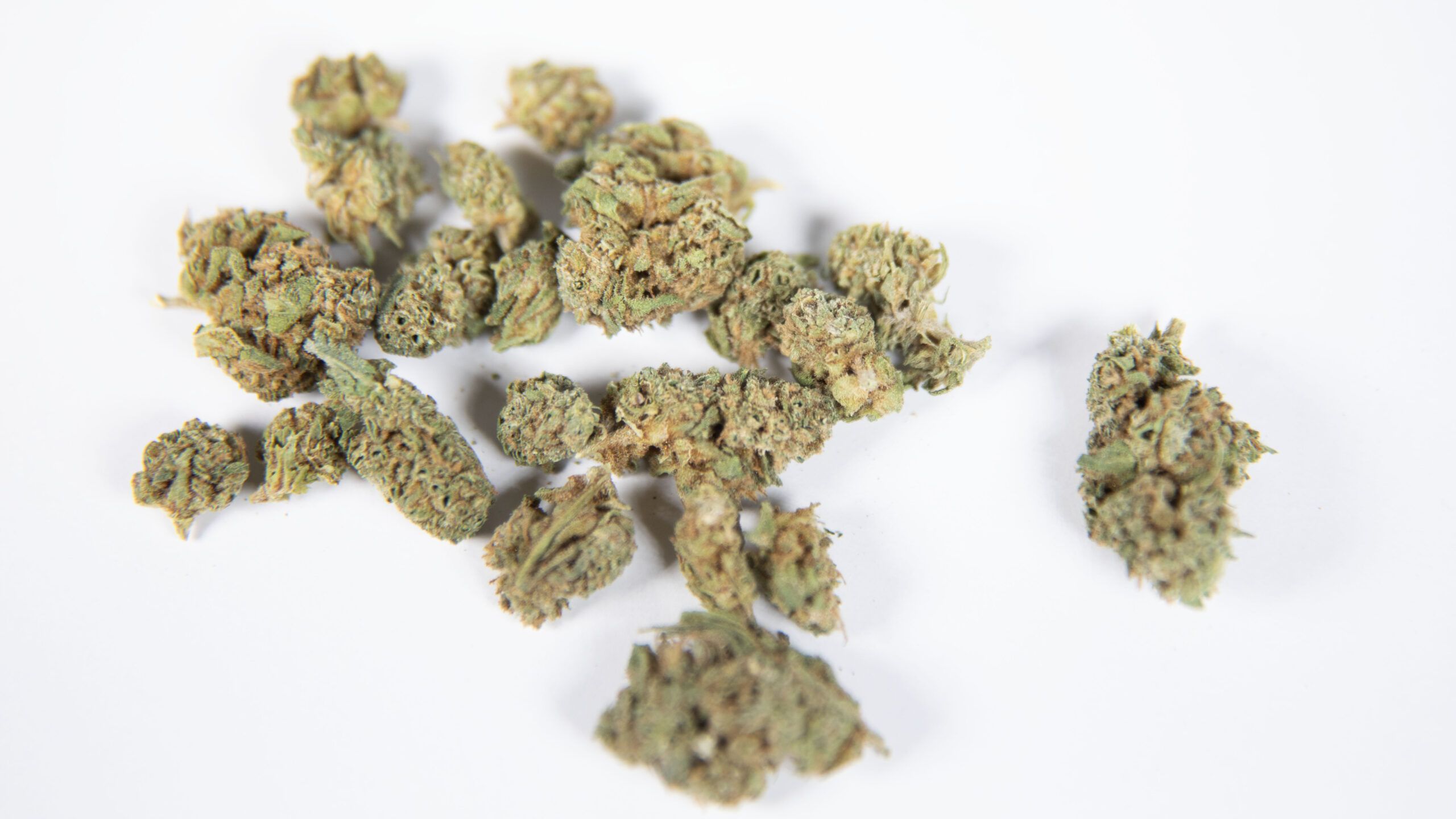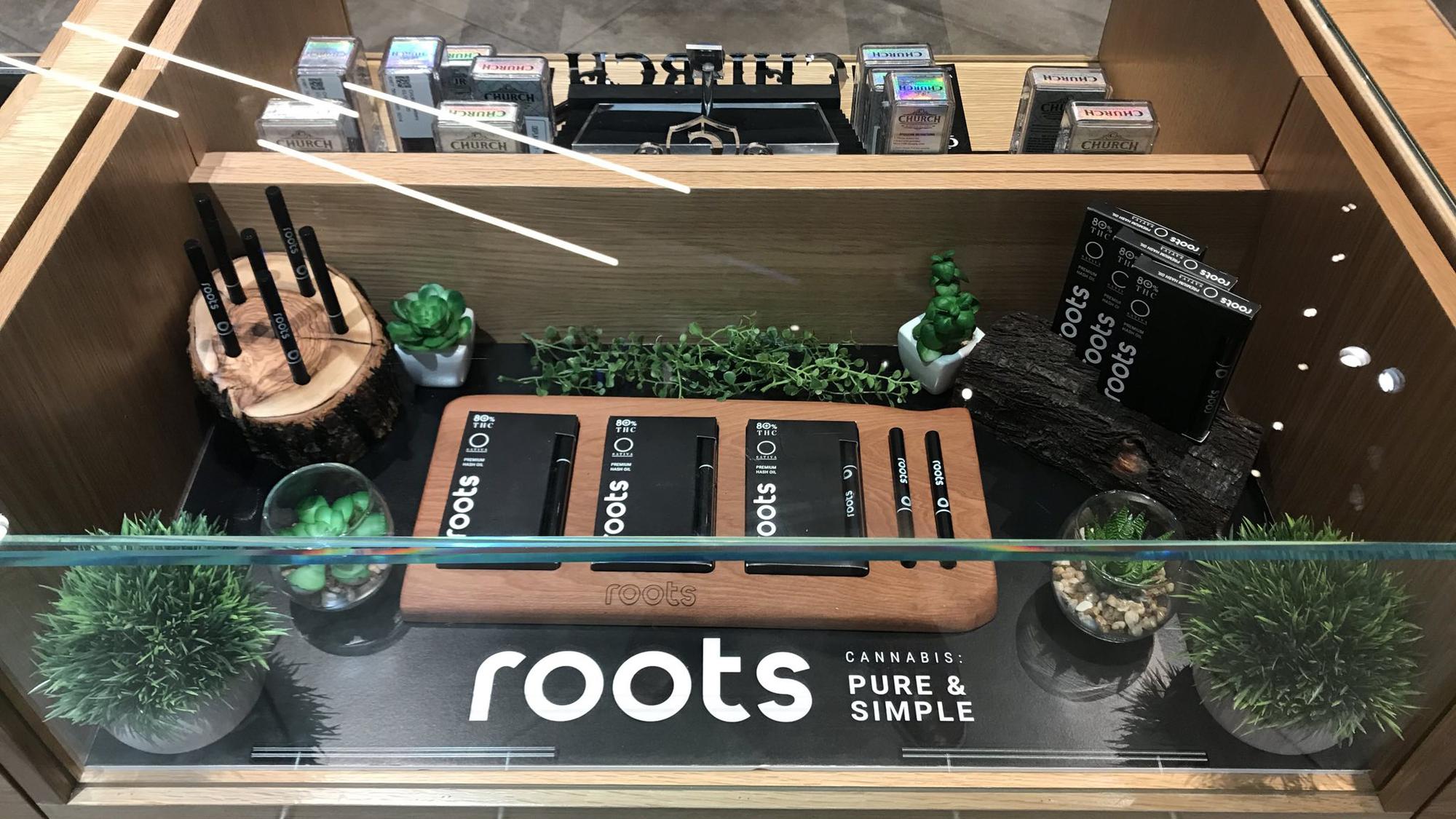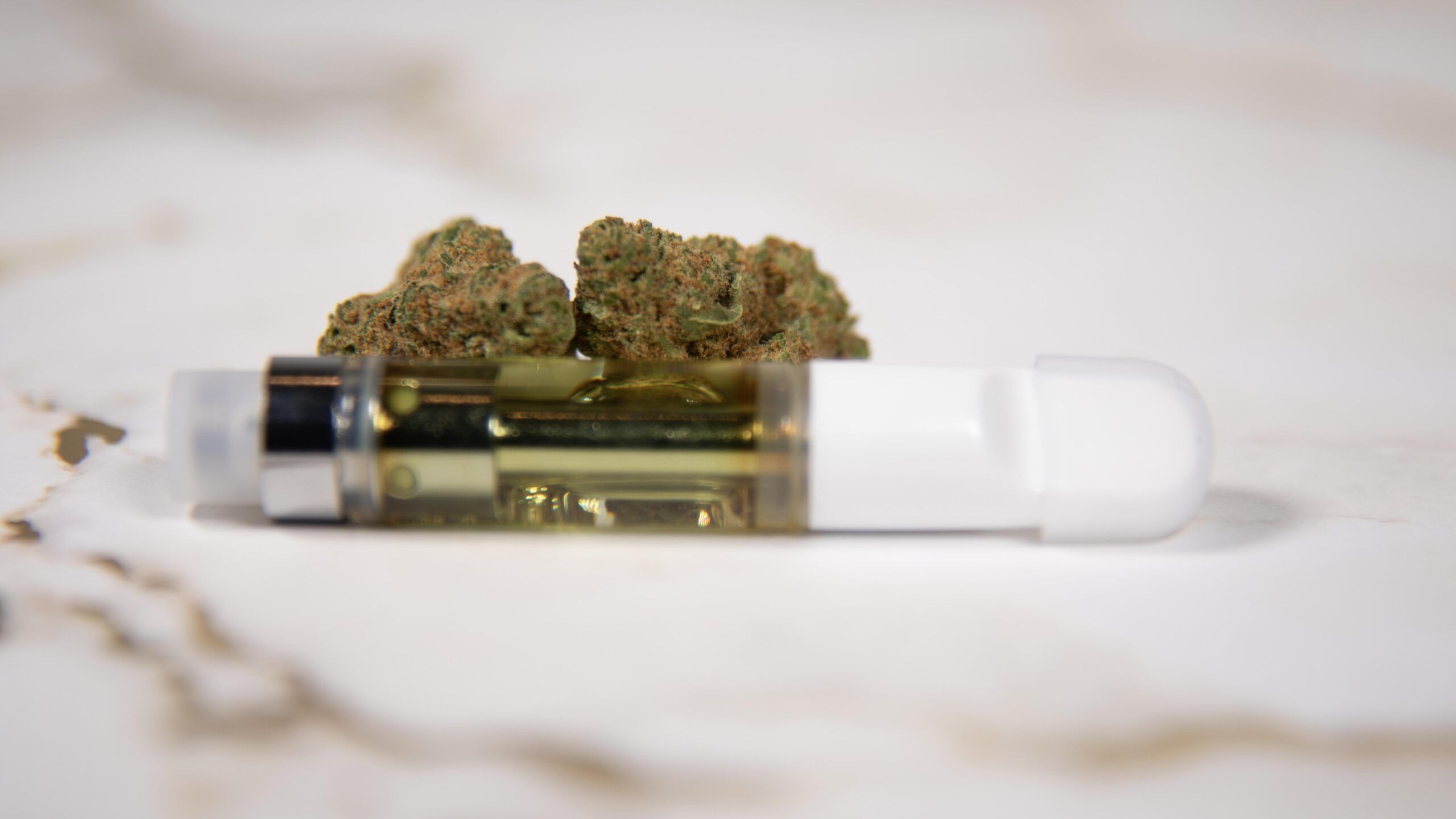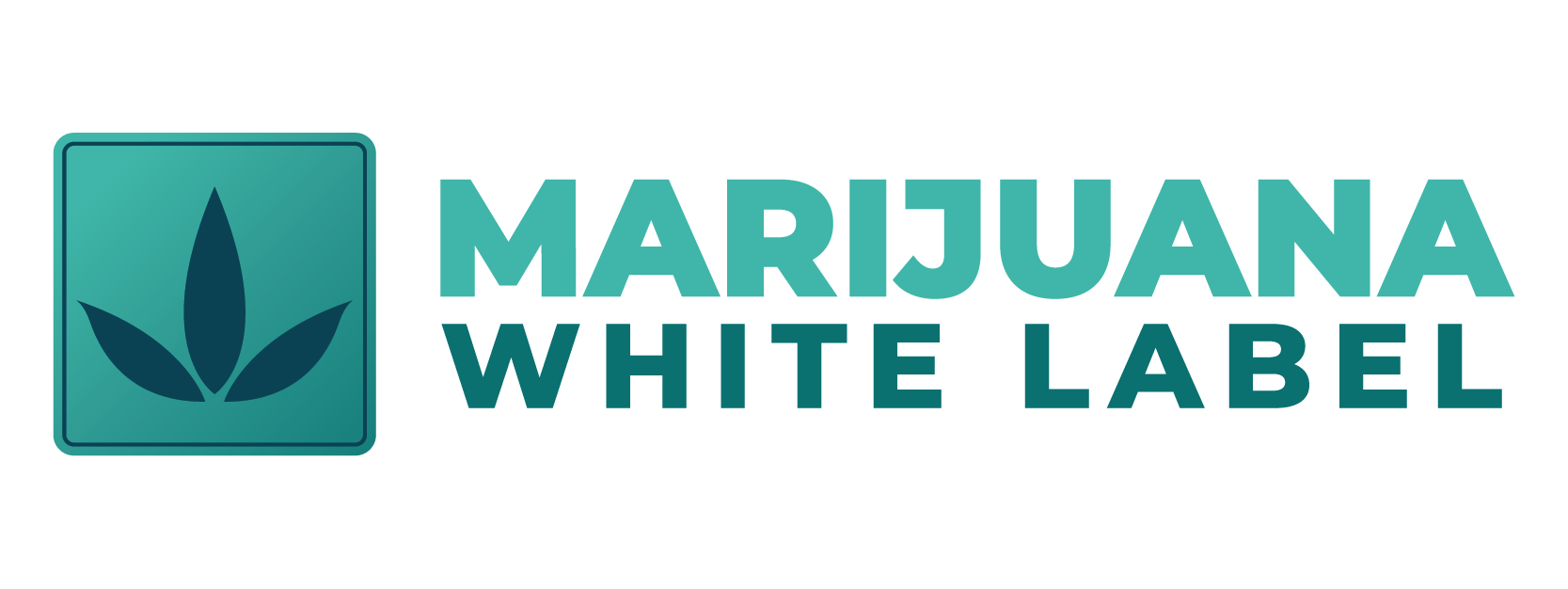-

Why Some States Are Packed with “House Brand” Cannabis and Others Aren’t
Here’s what the data says: white-label (a.k.a. “house brand” or “store brand”) cannabis shows up
-

House Brands or Premium Labels: Which Gives You More for Your Money?
When browsing dispensary menus, consumers often notice two types of products: brand name items from

-
How White Label Products Are Changing Cannabis Retail
White label (a retailer or brand sells products made by a third-party manufacturer) is no
From Our Blog Posts

